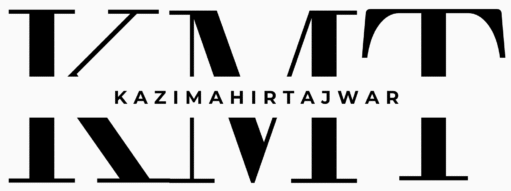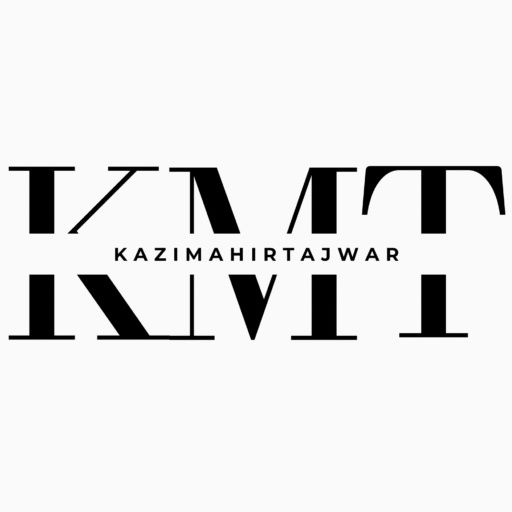1. Introduction: A Global Call for Innovation
As global migration reaches unprecedented levels, innovative solutions are more important than ever. The Geneva Challenge 2025, organized by the Graduate Institute Geneva, invites master’s students worldwide to address one of the most pressing global issues of our time — migration. This international competition aims to harness the power of young minds to create pragmatic, interdisciplinary solutions to complex migration challenges.
Whether you’re passionate about policy, economics, sociology, health, or the environment, the Geneva Challenge 2025 is your opportunity to make a global impact. In this blog, we’ll walk you through everything you need to know about the contest and how to participate.
2. What is The Geneva Challenge?
2.1 Background and Legacy
The Geneva Challenge 2025 launched in 2014 and officially titled the Advancing Development Goals Contest, the Geneva Challenge has become a prestigious platform for students to collaborate on sustainable development issues. With support from Swiss Ambassador Jenö Staehelin, the competition has empowered over 10,000 students from more than 100 countries across the globe.
2.2 Organizers and Support
The challenge is hosted by the Graduate Institute of International and Development Studies in Geneva, a world-renowned institution that fosters critical thinking on global development. The The Geneva Challenge 2025 competition is supported by influential international figures and organizations who believe in the power of youth to drive change.
3. Theme of The Geneva Challenge 2025: The Complex Challenges of Migration
3.1 Why Migration Matters Today
Migration is not a new phenomenon, but today’s migration patterns are more complex and challenging than ever. Driven by conflict, climate change, economic disparity, and political instability, migration affects millions of lives and the structural stability of both origin and host countries. According to recent data, over 122 million people are currently displaced worldwide, with over 43 million classified as refugees.
3.2 Types of Migration and Global Trends
The Geneva Challenge 2025 challenge emphasizes the multi-dimensional aspects of migration: voluntary vs. forced, internal vs. cross-border, temporary vs. permanent. These distinctions influence how societies respond to migrants, and how policies are shaped. The contest encourages students to address these complexities through innovative, research-backed, and actionable solutions.
4. Key Facts and Figures on Migration in 2024
4.1 Refugees, IDPs, and Displaced Populations
In 2024, 122.6 million people have been forcibly displaced — a number that continues to rise. This includes refugees, internally displaced persons (IDPs), and asylum seekers. About 72 million are displaced within their own countries due to conflict or climate disasters.
4.2 Migration’s Impact on Low and Middle-Income Countries
Interestingly, 71% of all refugees are hosted by low- and middle-income countries — regions that are often already struggling to meet their own population’s needs. This underlines the urgency of crafting solutions that are not only scalable but also sensitive to economic constraints.
5. The Role of Master’s Students in Global Development
5.1 The Power of Youth Innovation
The Geneva Challenge 2025 aims to elevate the ideas of young leaders. Students are encouraged to collaborate across disciplines and cultures, creating thoughtful proposals that can spark real-world impact.
5.2 Multidisciplinary Collaboration for Solutions
Each team must consist of 3–5 enrolled Master’s students, ideally from different academic disciplines. This interdisciplinary approach reflects the real-world complexity of migration issues and supports creative, balanced solutions.
6. Eligibility Criteria and Team Composition
6.1 Who Can Apply?
- Teams must include 3 to 5 Master’s students
- All team members must be currently enrolled in a Master’s program
- International collaboration is encouraged, but not mandatory
6.2 Team Structure and Interdisciplinary Approach
The Geneva Challenge 2025 teams should aim for a diverse composition — bringing together expertise from different faculties (e.g., economics, law, international development, urban planning). This diversity strengthens the quality and impact of proposals.
7. Important Dates and Deadlines
- Registration Deadline: April 30, 2025 at 23:59 CET
- Submission Deadline: July 16, 2025 at 23:59 CET
Both steps are mandatory — only registered teams can submit their project proposal.
8. What Makes a Winning Proposal?
8.1 Innovation and Practical Application
Winning entries offer creative yet feasible solutions. Proposals should not only identify key problems but also offer implementable ideas that could realistically be scaled or adapted in different contexts.
8.2 Interdisciplinary Integration
Judges value how well different disciplines are integrated into your solution — economics, politics, health, education, and technology can all play a part.
9. Past Success Stories and Impact
9.1 Celebrating Previous Winners
Past editions have tackled themes like youth empowerment, loneliness, social inclusion, and crisis management. Winning teams have included students from top global institutions, including Harvard, Yale, and the University of Cape Town.
9.2 How the Challenge Has Inspired Change
Several winning ideas have gone on to be developed further into startups, community programs, or academic research. The Geneva Challenge offers both prestige and a practical springboard for change-makers.
10. How to Register for The Geneva Challenge 2025
10.1 Step-by-Step Guide
- Visit the official Geneva Challenge 2025 website: https://www.graduateinstitute.ch/TheGenevaChallenge
- Fill out the team registration form before April 30, 2025.
- Prepare your proposal according to the provided guidelines.
- Submit the final document by July 16, 2025.
10.2 What You’ll Need to Prepare
- Team member details and university enrollment proof
- A 1-page executive summary
- A detailed project proposal (max 8 pages)
11. Tips to Strengthen Your The Geneva Challenge 2025 Application
11.1 Choosing a Focus Area
Zero in on a specific migration-related issue — such as refugee education, digital ID for migrants, climate-induced displacement, or urban integration.
11.2 Collaborate Across Cultures
Diversity is your strength. Collaborate with students from other countries or cultural backgrounds to bring varied insights into your proposal.
12. Why Join? Benefits Beyond the Prize
12.1 Networking and International Exposure
Finalist teams get a fully funded trip to Geneva to present their proposals. You’ll meet policy experts, academics, and innovators working in global development.
12.2 Personal and Professional Growth
Aside from the cash prize, the Geneva Challenge is a career-defining opportunity that showcases your commitment to solving real-world issues.
13. Quotes from Previous Participants
“The Geneva Challenge gave us a platform to pitch real solutions to global leaders. It shaped our career paths and connected us with like-minded changemakers.”
“It’s more than a competition. It’s a movement of young voices creating real impact.”
14. How Your University Can Support Your Team
Many universities support their students through mentorship, internal review, or travel funding. Reach out to your faculty, student affairs, or international development office to explore resources.
15. Final Thoughts: Be a Part of the Solution
Migration is a defining issue of our time — one that transcends borders, politics, and disciplines. The Geneva Challenge 2025 offers you the chance to be part of the solution. Whether you’re a student of law, design, science, or social work, your perspective is essential.
👉 Visit the official site and register your team before April 30, 2025. Let your ideas shape a more inclusive, prepared, and compassionate world.





